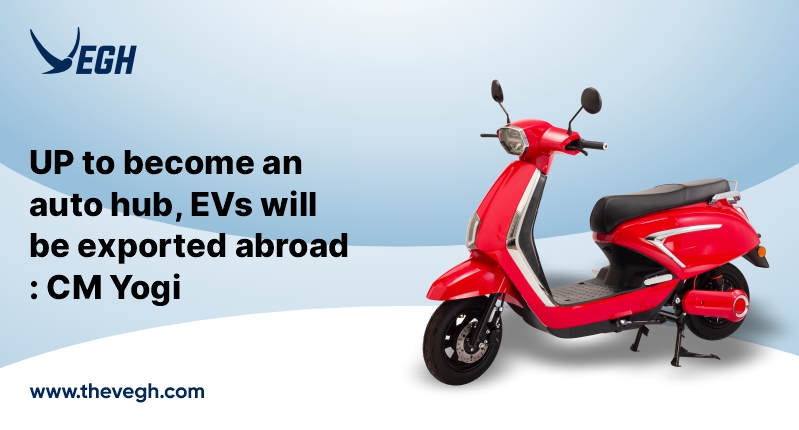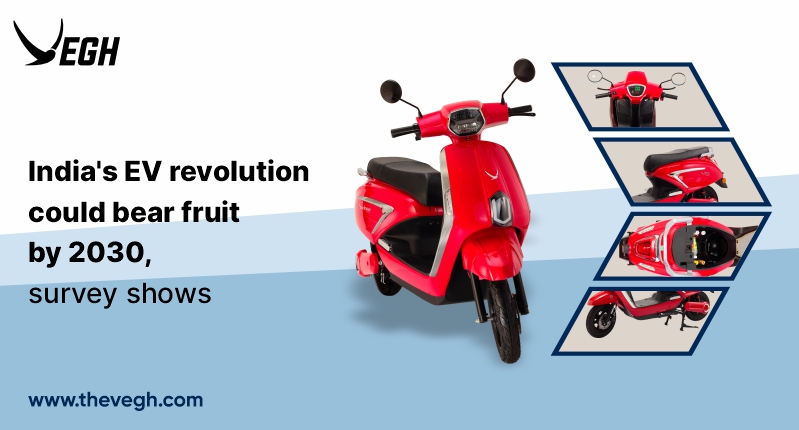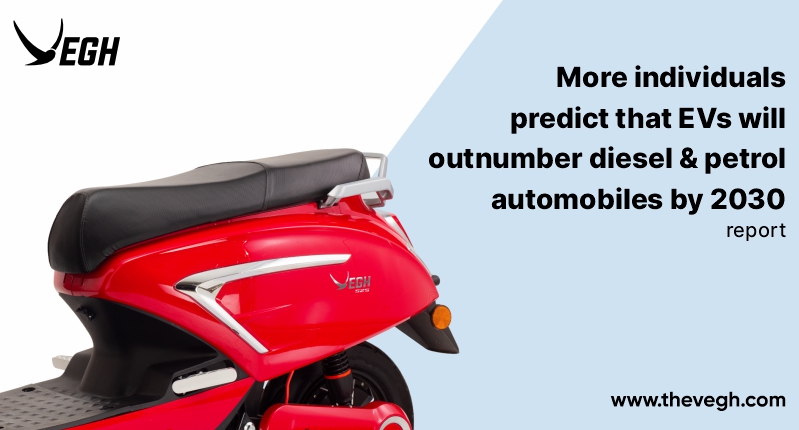
Nitin Gadkari, the Minister of Road Transport and Highways, claims that within a year, all-electric vehicles in India will cost the same as internal combustion engine vehicles. This will save a lot of money on fossil fuels.
Nitin Gadkari even stated that the government is opposed to any company making automobiles in China and selling them in India, despite claims that Tesla, the largest electric car maker in the US, has postponed plans to sell in India.
According to Gadkari, Indian automakers can build the best electric vehicles. It makes little difference if one or two are absent. We told a corporation that building cars in China would prevent you from selling them there. If you want to relocate here, you can manufacture there. I think Indian automakers can produce better cars than those made in other nations. Our upcoming designers have talent and are progressing well.
The minister acknowledged that the idea to mandate vehicles to have air-conditioned cabins was dropped after taking the car industry’s advice. “I agree that I considered your advice when pulling the air-conditioned vehicle. Other countries have set driving hours for their drivers. They travel here for up to 18 hours. They operate vehicles in cruel conditions, he claimed.
Under a plan made public by the railways, all of their diesel, biofuel, and natural gas-powered vehicles will be replaced by the end of 2025. This gives the Center’s ambitious plan to electrify all of India by 2030 a significant boost.
Large charging infrastructure would be built due to the strategy at important office buildings, parking lots, and railroad stations. By 2030, India must have 46,000 EV charging stations to meet the international criteria.
Apart from that, Indian Railways have set goals for establishing Electric Vehicle charging stations and retiring 20% of its fleet by the end of December 2023, 60% by the end of 2024, and 100% by the end of 2025.
It won’t be essential to replace inspection vehicles in divisional offices and attached units during the initial phase. However, officials would need the cars for regular journeys to rural areas lacking facilities for charging.
Additionally, it will offer a charging infrastructure that is reasonable and convenient for all customers. Passengers and guests are included in this. The general managers of the zonal railway were requested to give their officers instructions to mark parking spots inside offices and stations to install EV-charging infrastructure.
EV charging stations will be installed in these locations by CPOs (charging point operators). To use the charging infrastructure, the railways will impose a parking fee. CPOs will ensure that all compatible EV owners have access, and they will offer an app that allows EV users to look for and reserve chargers and pay for them online.
The Central Electricity Authority and other departments or organizations would publish safety standards to install the chargers.









